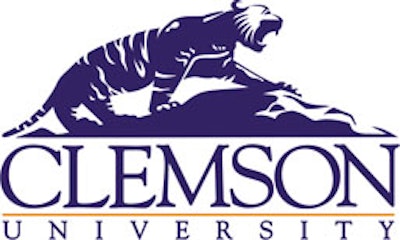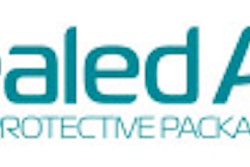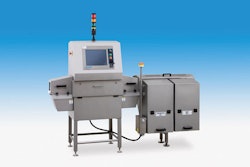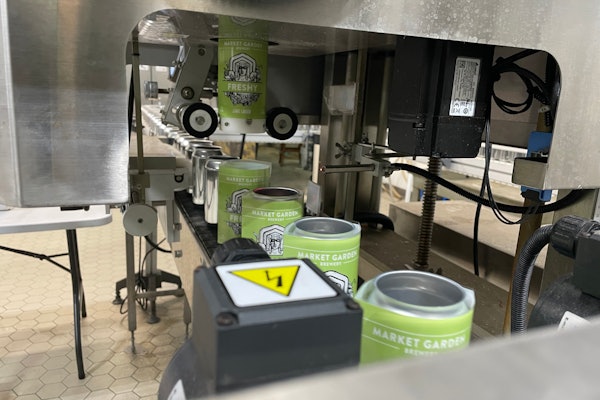
Wouldn’t it be a shame if after years of testing and development, a technology that improved food safety didn’t get commercialized due to fear and miscommunication? This has already happened with irradiation. Microwave food packaging is another potential victim of “bad press.” My food packaging colleagues and I are constantly asked about its safety. Why? Partly due to email chains circulating among the public that sound so convincing that even people who should know better start to question their own opinion of the safety of microwave food packaging.
One of these popular email chains refers to a high school science student who “discovered” that DEHA migrated from Saran wrap. It uses phrases that sound scary such as “poisonous toxins” and “cancer-causing particles that seep into foods.” These phrases catch the attention of people and appeal to their fear. The email was eventually debunked, but only on a Web site that people were not likely to find unless they were looking for it specifically.
Another commonly forwarded email chain message uses the name of Johns Hopkins Cancer Update Newsletter as a source that indicates that microwave food packaging and freezing water bottles can lead to cancer. In fact, if you go to the Johns Hopkins Cancer website, it denies any connection to the email. However, how likely is it that people will check the Johns Hopkins site for verification? Other similar messages exist regarding PVC, bisphenol-a, polystyrene foodservice packaging and many other plastics.

























